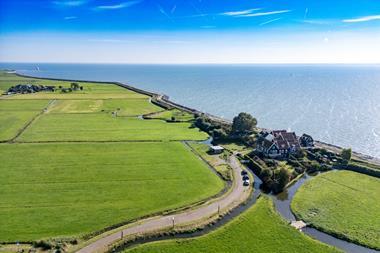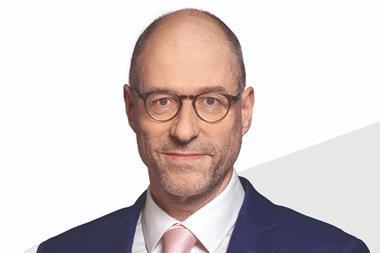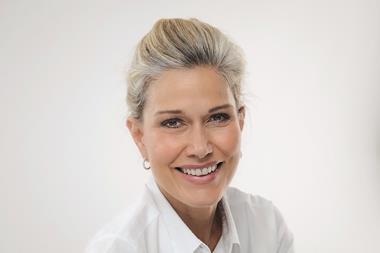GLOBAL - The average pension fund should invest 25%-35% of its assets in hedge funds, says Paul Myners, the former Gartmore chief who wrote an influential report on institutional investment for the government.
He urges the industry to "be more evangelical" when it comes to promoting hedge funds.
"The traditional ways of running pension funds are complete nonsense. We were paid performance fees for losing our clients' money, I explained to my mother," Myners, who is currently chairman of Ermitage Ltd., told delegates at the Hedge 2006 conference in London.
"There is now a move towards a more intellectual and thoughtful way of managing by looking more closely at the liability structure."
Currently less than 3% of pension funds in the UK invest in hedge funds and on average the exposure to hedge funds is lower than the largest single equity exposure, he said. "But there is a slow progress of adaptation."
Myners blames both trustees and consultants for this low exposure rate.
"Trustees spend very little time on investment matters. They do not challenge the advice of their consultants because they are not confident enough and do not have an economic incentive to do so."
As suggested in his 2001 report, more trustees should be professionals and unless they are executives of the company all trustees should be paid.
Myners also urged pension funds to appoint a CEO for their pension scheme. Smaller funds could share a CEO, he suggested. "Pension funds matters should no longer be left in lay hands only."
Consultants "have a lot to answer for", said Myners. They know more about alternative investments than 3-5 years ago but they are not pushing their clients. "Consultants are currently being led by their clients rather than the other way around."
He conceded that for extremely mature schemes where the company is not very solvent it makes sense not to be in hedge funds. For the average scheme, however, the exposure aim should be 25%-30% in "different instruments under the broad taxonomy of hedge fund investment" and several consultants expect this to happen, he said.
"Most schemes will go into hedge funds via fund of hedge funds because it hedges some of the risks, provides access to funds and due diligence, etc.", Myners said. "Because that is what pension funds demand from alternative investment opportunities. But they don't ask similar in-depth questions about their biggest single investment in one company."
Myners is convinced that the field of hedge fund investments is wide enough to ensure that return rates remain high, even if more money is invested in the market. "It is possible that returns diminish slightly over time but the advantage of what hedge funds bring to your portfolio in terms of pushing it to more efficiency outweighs some diminishment in returns."
"While a few funds and managers will certainly do well he doubts whether the whole sector can deliver superior risk adjusted return in the long run. Especially as other markets adopts some of the hedge fund investment methods and as more money flows into hedge funds," Sir John Gieve, deputy governor at the Bank of England, said more sceptically in his speech at the conference.
Nevertheless he said that a "long-term shift to new investment methods will be good for stability of the market" and that hedge funds definitely have a positive effect on market efficiency. Hedge funds themselves are getting more transparent and there is less splitting up than a few years ago, he observed.
"However, periods of rapid growth often led to overshooting in the past and we shouldn't assume that this won't happen again", he warned. Although risk controls have become much better in the last years, he adds.












